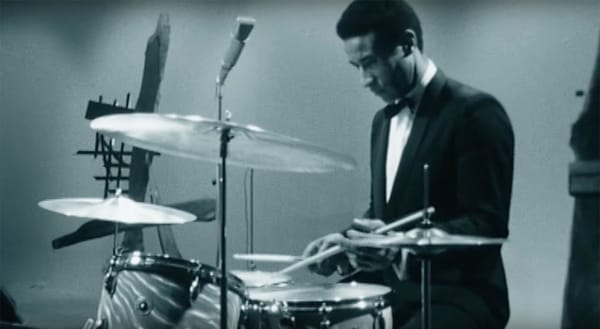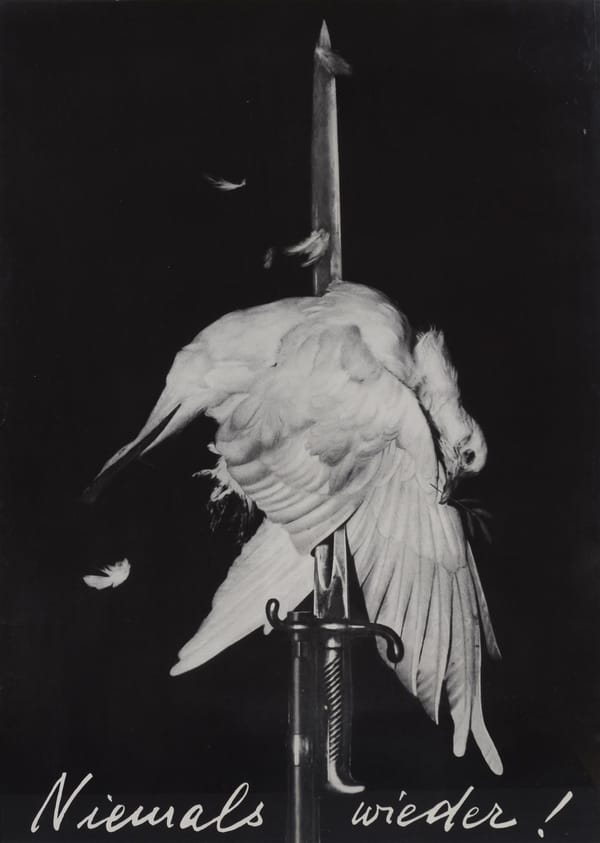To Atheism and Back
how an atheist philosopher made me a better theologian

The first time I read Ludwig Feuerbach, I became an atheist overnight. Feuerbach’s contention was that humans created God and not the other way around. His thesis influenced Karl Marx, Friedrich Nietzsche, and Sigmund Freud—the masters of suspicion, the most renowned philosophers of atheism. God, Feuerbach maintained, is a blank canvas onto which we paint our innermost needs, desires, and fears. “God is the manifested inward nature, the expressed self of a man.”1 When I first read those words, they struck me as self-evidently true.
Those words also influenced the theologian Karl Barth, whom I would discover later. Barth was impressed by the way Feuerbach unmasked theology as idolatry. But whereas Feuerbach became an atheist, Barth used Feuerbach as a jumping off point for an even more radical theism. For Barth, to unmask theology as idolatry is not to deny God but is rather to point to the true God, who transcends all human idolatry. What theology had lost track of, in Barth’s estimation, was a deep sense of God’s mystery. Modern theologians had made God all too human, whereas Barth wanted to reinvigorate theology with appreciation for God’s hiddenness—for “the infinite qualitative distinction” between God and humans that Kierkegaard had spoken of.2
Discovering Barth made me a theist again. It was as if no one I had read up to that point had been talking about God, for they neglected the otherness of God, and made God the foundational principle for human talking points.
Jack’s Substack is a reader-supported publication. To receive new posts and support my work, consider becoming a free or paid subscriber.
But Barth would eventually prove unhelpful for me. While he resented the term “Neo-Orthodoxy” that got applied to him, his Church Dogmatics eventually struck me as just that: an attempt to restore the authority of the doctrines of the Christian church and save them from the ash heap of modernization.
Dietrich Bonhoeffer in his prison letters came to the same conclusion about Barth. I had defended Barth from Bonhoeffer in an article published in Kerygma und Dogma, a journal “for Theological Research and Christian Doctrine,”3 but now I think Bonhoeffer was right. There is no going back. Ours is a godless world, where people are no longer thirsty for the doctrines of the Christian church. Barth responded to this godlessness by reinforcing Christian doctrine, but Bonhoeffer made a more intriguing suggestion. Perhaps the sacrifice of Christian doctrine is an opportunity for an even greater Christlikeness. Perhaps this is a time to reflect on and reimagine what it means to follow the example of Jesus, who sought out those in need and met people in their suffering, “who, though he existed in the form of God, did not regard equality with God as something to be grasped, but emptied himself” (Phil. 2:6-7a, NRSVUE). Maybe the godlessness of our world is an opportunity to become more worldly, and thereby more like Christ, who gave himself up for the sake of the world.4
I am no longer an atheist, but I do follow Feuerbach in his critique of idolatry, and I do think, as he taught, “in existence,” that is, “as a living and real being, as one exposed to the vivifying and refreshing waves of the world’s oceans.”5 I think within space and time. For me, the language of theology offers a way of relating to the real world. Theology does not have to be an escape. It should not be illusory, but disillusioning.
Jack’s Substack is a reader-supported publication. To receive new posts and support my work, consider becoming a free or paid subscriber.
Ludwig Feuerbach, The Essence of Christianity, trans. George Eliot (New York: Harper Torchbooks, 1957), 12. ↩
Karl Barth, Epistle to the Romans, 6th ed., trans. Edwyn C. Hoskins (New York: Oxford University Press, 1933), 10. ↩
John Daniel Holloway, III, “Bonhoeffer’s “Catchy Phrases”: Karl Barth’s Reception of the Prison Letters Revisited,” Kerygma und Dogma 64 no. 1 (2018), 51—67. ↩
Dietrich Bonhoeffer, Letters and Papers from Prison, trans. Isabel Best, et al. (Minneapolis: Fortress Press, 2015). For his criticism of Barth, see 354f., 363, 419f. On godlessness, see 465—467. ↩
Ludwig Feuerbach, Principles of the Philosophy of the Future, trans. Manfred Vogel (Indianapolis: Hackett, 1986), 67. ↩



